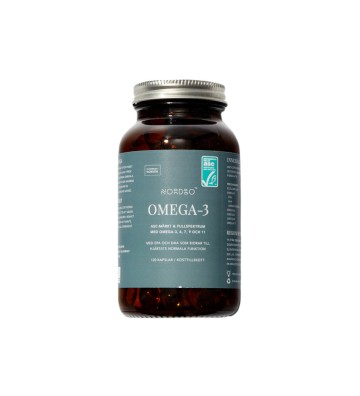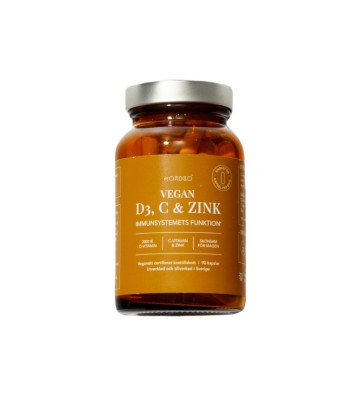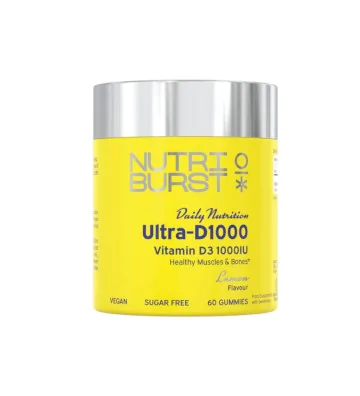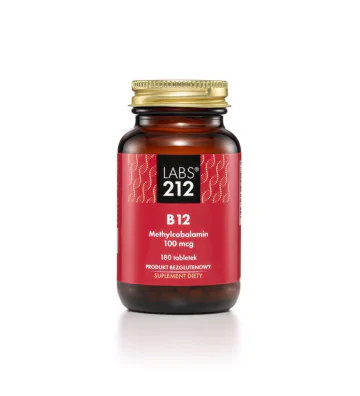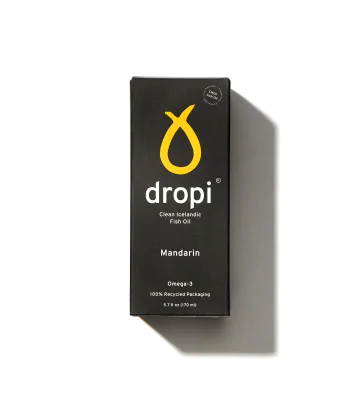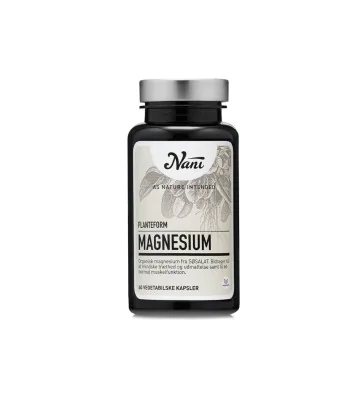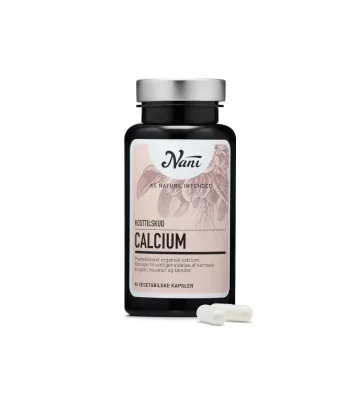FREE SHIPPING!
-
WOMEN
add remove
- All >>
-
Supplements
add remove
- All >>
- New
- Bestsellers
- Special offers
- Ashwagandha
- Colostrum
- Collagen
- Omega 3-6-9 acids
- Magnesium
- Vitamin C
- Vitamin D
- Kwas hialuronowy
- Amino Acids
- Anti-Aging
- Pregnancy and lactation
- Detox
- Energy
- Fit & Sport
- Medicinal mushrooms
- Bones and joints
- Fatty acids
- Brain, Memory, Concentration
- Functional beverages
- Eyes
- Weight loss and diet
- Resistance
- Nails
- Dream
- Leather
- Inflammation
- Stress
- Superfood
- Digestion
- Urinary system
- Liver
- Hair
- Vitamins and minerals
- Hormonal support
- Bestsellers
- Collagen
- Colostrum
- Gift cards
- Gift sets
-
MEN
add remove
-
Supplements
add remove
- All >>
- New
- Bestsellers
- Special offers
- Ashwagandha
- Colostrum
- Collagen
- Omega 3-6-9 acids
- Magnesium
- Vitamin C
- Vitamin D
- Amino Acids
- Anti-Aging
- Detox
- Energy
- Fit & Sport
- Medicinal mushrooms
- Bones and joints
- Fatty acids
- Brain, Memory, Concentration
- Functional beverages
- Eyes
- Resistance
- Nails
- Dream
- Cardiovascular
- Leather
- Inflammation
- Stress
- Superfood
- Digestion
- Urinary system
- Digestive system
- Liver
- Hair
- Vitamins and minerals
- Hormonal support
- Bestsellers
- Collagen
- Colostrum
- Probiotics
- Weight loss and diet
- Collagen
- Colostrum
- Gift cards
- Gift sets
-
Cosmetics
add remove
- All >>
- New
- Bestsellers
- Special offers
- Aromatherapy
- Body and bath
- Hands
- Oral cavity
- Tanning
- Intimate hygiene
- Feet
- Face
- Hair
- Bath cosmetics
- Hair care cosmetics
- Hair Styling
- Hand creams
- Natural
- Facial cosmetics
- Essential oils
- Beard care
- Intimate hygiene
- Deodorants and antiperspirants
- Cosmetics kits
- Against wrinkles
- Gift cards
- Gift sets
-
CHILDREN
add remove
-
Supplements
add remove
- All >>
- New
- Bestsellers
- Back to School
- Special offers
- Colostrum
- Omega 3-6-9 acids
- Magnesium
- Vitamin C
- Vitamin D
- Pregnancy and lactation
- Bones and joints
- Fatty acids
- Brain, Memory, Concentration
- Eyes
- Resistance
- Dream
- Digestion
- Digestive system
- Vitamins and minerals
- Bestsellers
- Colostrum
- Gift cards
- Gift sets
- Accessories add remove
- COLLAGEN
-
BRANDS
add remove
- MOST POPULAR add remove
- ARABIAN PERFUME
Search for
- All
- Product
- Brand
Free delivery

SHIPPING TOMORROW!
Order within:
22
h45
min32
sec
Shipping next business day
0 items
0.00 zł
Total
0.00 zł
Blog navigation

What vitamins are missing after 50? Find out what to choose
Posted on:
2024-10-05
Table of contents
Aging of the body is not an easy process to go through. It involves a tremendous amount of changes that affect one's appearance, mood, and health. We have no control over aging, but we can get through it with dignity by taking care of our well-being in a holistic way. Supplements can help with this, as long as they are chosen according to your needs, of course. What vitamins are missing after the age of 50? Which ones are crucial for your health? What minerals should be included in supplements? We will try to answer these questions in our article.

What vitamins are missing after 50? Ask better - why
What vitamins to take after 50 is an important question. More important, however, is why we lack certain vitamins and minerals just at this age. Unfortunately, as we age, our body ceases to function as efficiently as before. The metabolic rate decreases, and with it the ability to absorb nutrients and minerals. Also of great importance are hormonal changes, which just around the age of 50 create a storm in the body of women, but also men. Menopause and andropause also affect well-being and health. Declining estrogen levels in women contribute to calcium loss, making this the age at which women enter the risk group for those who may face osteoporosis. Men also experience a weakening of bone density at this time. Added to this is the effect of certain medications on the absorption of vitamins and minerals. Medications for hypertension or hyperacidity can cause poorer absorption of vitamin B12 and potassium. Therefore, after the age of 50, you may, for a number of reasons, notice a deterioration in your health. One of them is vitamin and mineral deficiencies. Pssst you are curious about what vitamins to take after 65? We have prepared an article especially for you!

What vitamins are missing after age 50?
All the changes that occur in your body can cause discomfort, worse mood, revolution in appearance. Some of these will be due to the fact that you are missing certain vitamins. What vitamins are missing after the age of 50?
- Vitamin D - is a deficient vitamin not only at this age. Poland is not one of the sunniest countries, so the synthesis of vitamin D in the skin is limited. We should supplement it during the autumn-winter season. And after the age of 50? Take a look at your blood and see if you could use a Vitamin D supplement implemented throughout the year. Remember, even if you eat a healthy diet and provide sun exposure, year-round supplementation is recommended and safe. [1]
- Vitamin B12 - responsible for many areas of your health. It is a key element for the functioning of the nervous system and the production of red blood cells. Its assimilation is hindered after the age of 50, due to reduced stomach acid production. Its low levels can increase the risk of cardiovascular disease, as well as eye disease due to macular degeneration. Will it be necessary to supplement? Vitamin B is irreplaceable, so it is worth taking care of its optimal level.
- Vitamin C - supplement with vitamin C accompanies us primarily in the autumn and winter. And it's a pity, because this vitamin hides a lot of good, also for people over 50. Mainly due to the production of collagen falling at this time - not only in the skin, but also in the joints. Vitamin C supports the regulation of collagen synthesis processes, making its presence in the body after 50 irreplaceable. In addition, it is a powerful antioxidant that reduces the risk of cancer, among other diseases.
- Vitamin A supplement is a good solution, especially for those who work in an office, in front of a computer. Vitamin A takes care of your eyes, protecting against macular and retinal degeneration. In addition, it supports regeneration of the epidermis and...bones. Yes, everything is connected.
What vitamins after 50 to supplement? Remember that it depends on your body and the problem you face. It may be necessary for you to take Vitamin K, a supplement with vitamin C or vitamin E. The supplement, which is good for you, should be selected according to your blood results. Vitamins, especially after the age of 50, will be a huge help, but they may not give you the effect you most want. So check out what you need to take the best care of yourself.
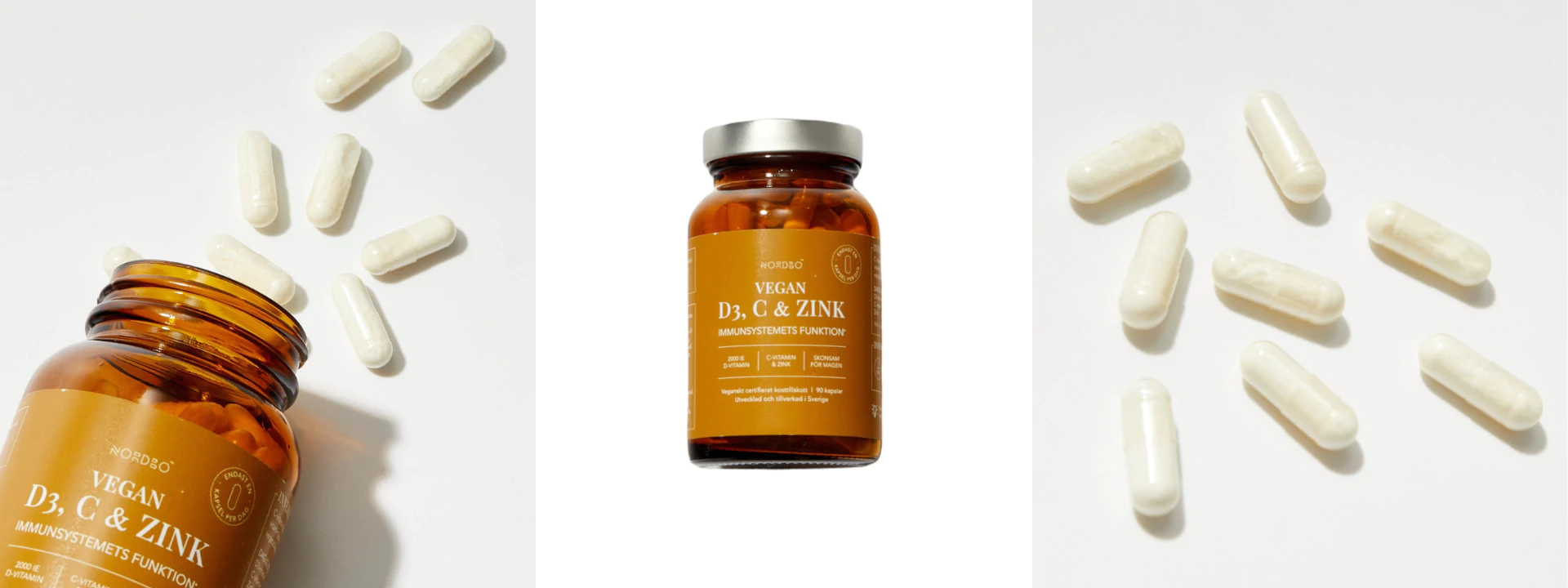
Not just vitamins for a 50-year-old. Minerals are important too
You already know what vitamins over 50 should be in your diet and supplements. Now it's time to address minerals. Which ones?
Calcium - a staple for people over 50. Crucial for maintaining strong bones and teeth. Important especially for post-menopausal women, since during this time estrogen levels drop, which is associated with loss of bone mass. This, in turn, increases the risk of osteoporosis. Vitamin D and calcium will be irreplaceable in such a situation. Calcium is also important for the work of the nervous and endocrine systems. Is calcium supplementation necessary? In addition to issues related to age, menopause and reduced stomach acid, a calcium supplement may be useful for people who are subject to chronic stress.
Magnesium - that's healthy nerves and muscles, including the heart. Yes, magnesium deficiencies can affect cardiovascular problems. Unfortunately, they are common in people over 50, especially those taking diuretics or antihypertensive drugs. This is because these can flush magnesium out of the body. Whenever you notice fatigue and muscle cramps, it could be a signal from your body that you need this very element.


Fatty acids to take care of your body after age 50
Vitamins and minerals are extremely important, but your diet (and supplementation) must be balanced. That's why it's so important that it also contains omega-3 and omega-6 fatty acids. They are essential for the health of the heart, brain, but also eyes. After the age of 50, when the risk of cardiovascular disease increases, regular consumption of highly unsaturated fatty acids can be extremely helpful. Additionally, it will support the body by lowering triglyceride levels and improving cognitive function.
When your body begins to change its needs be one step ahead of it, preparing for everything. Also for the inevitable loss of vitamins and minerals. Remember to take care of your body comprehensively, and it will repay you with long functioning "like clockwork".
Related products
Omega-3 120 capsules
Price: 159.00 zł
ASC certified, fresh and unprocessed fish oil from Danish trout
Contains...
Vegan D3, Vitamin C & Zink
Old price: 110.00 zł
Price: 88.00 zł
Discount: 20%
Save up: -22.00 zł
A combination of highly bioavailable minerals to support your immunity
50...
copy of Vitamin D3 + K2 - Dietary supplement 60 pcs.
Old price: 45.00 zł
Price: 40.50 zł
Discount: 10%
Save up: -4.50 zł
Sunshine enclosed in a bottle - for strong bones.
Supports the functioning...
copy of Vitamin D3 + K2 - Dietary supplement 60 pcs.
Old price: 45.00 zł
Price: 40.50 zł
Discount: 10%
Save up: -4.50 zł
Sunshine enclosed in a bottle - for strong bones.
Supports the functioning...
Vitamin B12 Methylcobalamin Dietary Supplement
Price: 49.99 zł
Vitamin B12 Methylcobalamin
Methylcobalamin - a revolutionary form of...
Mandarin 170 ml
Old price: 215.00 zł
Price: 182.75 zł
Discount: 15%
Save up: -32.25 zł
Cold-pressed cod liver oil with Mandarin flavor
Alleviates symptoms of...
Magnesium, 60 capsules
Old price: 128.00 zł
Price: 89.60 zł
Discount: 30%
Save up: -38.40 zł
Nani Magnesium in organic plant form
Proper energy metabolism
Supports...
Calcium, 90 capsules
Old price: 88.00 zł
Price: 61.60 zł
Discount: 30%
Save up: -26.40 zł
Nani calcium in organic plant form
Maintenance of healthy bones, muscles...
Omega-3 120 capsules
Price: 159.00 zł
ASC certified, fresh and unprocessed fish oil from Danish trout
Contains...
Vegan D3, Vitamin C & Zink
Old price: 110.00 zł
Price: 88.00 zł
Discount: 20%
Save up: -22.00 zł
A combination of highly bioavailable minerals to support your immunity
50...
copy of Vitamin D3 + K2 - Dietary supplement 60 pcs.
Old price: 45.00 zł
Price: 40.50 zł
Discount: 10%
Save up: -4.50 zł
Sunshine enclosed in a bottle - for strong bones.
Supports the functioning...
copy of Vitamin D3 + K2 - Dietary supplement 60 pcs.
Old price: 45.00 zł
Price: 40.50 zł
Discount: 10%
Save up: -4.50 zł
Sunshine enclosed in a bottle - for strong bones.
Supports the functioning...
Vitamin B12 Methylcobalamin Dietary Supplement
Price: 49.99 zł
Vitamin B12 Methylcobalamin
Methylcobalamin - a revolutionary form of...
Mandarin 170 ml
Old price: 215.00 zł
Price: 182.75 zł
Discount: 15%
Save up: -32.25 zł
Cold-pressed cod liver oil with Mandarin flavor
Alleviates symptoms of...
Magnesium, 60 capsules
Old price: 128.00 zł
Price: 89.60 zł
Discount: 30%
Save up: -38.40 zł
Nani Magnesium in organic plant form
Proper energy metabolism
Supports...
Calcium, 90 capsules
Old price: 88.00 zł
Price: 61.60 zł
Discount: 30%
Save up: -26.40 zł
Nani calcium in organic plant form
Maintenance of healthy bones, muscles...
Omega-3 120 capsules
Price: 159.00 zł
ASC certified, fresh and unprocessed fish oil from Danish trout
Contains...
Vegan D3, Vitamin C & Zink
Old price: 110.00 zł
Price: 88.00 zł
Discount: 20%
Save up: -22.00 zł
A combination of highly bioavailable minerals to support your immunity
50...
copy of Vitamin D3 + K2 - Dietary supplement 60 pcs.
Old price: 45.00 zł
Price: 40.50 zł
Discount: 10%
Save up: -4.50 zł
Sunshine enclosed in a bottle - for strong bones.
Supports the functioning...
copy of Vitamin D3 + K2 - Dietary supplement 60 pcs.
Old price: 45.00 zł
Price: 40.50 zł
Discount: 10%
Save up: -4.50 zł
Sunshine enclosed in a bottle - for strong bones.
Supports the functioning...
Related posts
 THEGLOOW.COM specialists
THEGLOOW.COM specialists
Posted in:
THEGLOOW.COM
2023-09-01
THEGLOOW.COM store is not just a place to shop. It's a space where experts in various fields co-create harmony of...
Read more
 Responsible supplementation - the key to individual success
Responsible supplementation - the key to individual success
Posted in:
Supplements
2023-09-14
Supplementation is a sphere of life that most of us are paying more and more attention to. Surveys indicate that more...
Read more
 A healthy lifestyle is a kind of balance. Agnieszka Woźniak-Starak
A healthy lifestyle is a kind of balance. Agnieszka Woźniak-Starak
2023-09-14
One of the biggest and most beautiful Polish celebrities, known from television, radio, and the Triangle - the...
Read more

